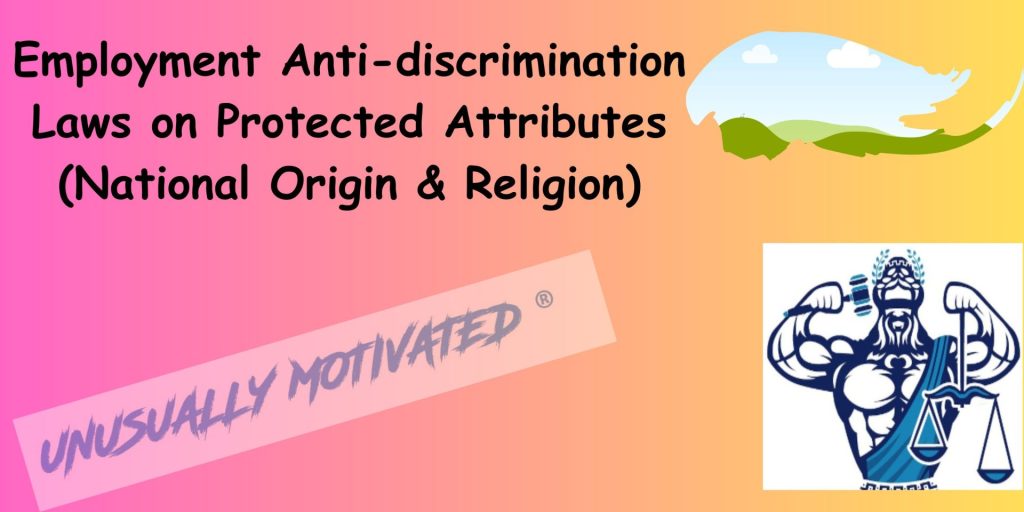Sexual harassment in the workplace remains a pervasive problem in America. Our country has certainly made great strides in recent years, but far too many people still deal with these inappropriate actions at work. Fortunately, the potential consequences for employers are now well-known. As such, many companies take active steps to deal with wrongful acts among those they employ. However, are employers responsible for third-party sexual harassment?
This is an important question that can have significant implications for both companies and workers. The simple fact is that reports of sexual harassment in the workplace have reduced drastically since the #MeToo movement. Unfortunately, gender harassment has become more pervasive — and employers often still don’t know how to handle third-party sexual harassment. Whether you’re a company leader or an employee, here’s what you need to know.
Can Employers Be Held Liable for Third-Party Sexual Harassment?
Harassment laws often differ depending on which state you live in. However, federal law dictates that employers can be held liable for third-party sexual harassment against those they employ. It’s important to note that rules are very similar to those that exist when management or other employees are harassing victims. Most importantly, the company must be aware that such harassment is taking place. This is the only way they can rectify the issue.
While employers cannot control how third parties conduct themselves, they become responsible for inappropriate behaviors as soon as they’re alerted of them. At that point, the company must take appropriate action that is reasonably likely to prevent future instances of misconduct. This can occur in a variety of different ways. If third-party sexual harassment is ignored or continues unimpeded, the company can be held legally and financially liable.
Which Third Parties Can Engage in Inappropriate Behavior?
Employers can just as easily face liability for third-party sexual harassment as they could for harassment by an employee. That’s because it’s not enough for companies to simply fight back against potential employee misconduct. Rather, it’s their responsibility to provide a work environment free of discrimination and harassment. As such, many people wonder who might engage in improper third-party actions. These parties include:
- Customers
- Clients
- Visitors
- Vendors
- Independent contractors
- Outside partners
- Other company outsiders
This list certainly covers a wide range of individuals who could come into contact with a company’s employees. However, it is far from exhaustive. The fact is that sexual harassment by any third party cannot be allowed to persist in the workplace. Failing to respond appropriately can result in a hostile work environment and other forms of discrimination. If you’re facing such harassment, it’s important to act quickly.
What Can You Do About Third-Party Sexual Harassment?
If you’re being sexually harassed by a third party in the workplace, it’s important that you take action. You have the right to work in a safe and non-threatening environment. The most important thing you can do is report what’s going on. This will give your employer an opportunity to rectify the issue so you can do your job in peace. Find out who these reports should go to (e.g., human resources, your direct supervisor, etc.) and sit down with them.
Unfortunately, there are some issues that could complicate matters. For instance, what if you believe your employer will side with the third party? This could happen if you’re being harassed by your manager’s friend or significant other. In such instances, you need to document everything. You cannot legally be fired or punished for filing a report, so if this occurs, you want to ensure there’s a chain of evidence.
If you find yourself in such a situation or your employer fails to take action, you should speak with a sexual harassment attorney immediately.
What Should an Employer Do After a Report?
When an employer receives a report, there are many different ways they can handle it. For many, the first step is to open an investigation. This will allow them to collect the necessary information and figure out how to move forward. Once an investigation is complete, it’s their responsibility to prevent any future misconduct. Common ways of accomplishing this include:
- Advise the third party that misconduct must end immediately.
- Ban the individual from coming onto company property.
- Report harassing behavior to the culprit’s employer if a pre-existing business relationship exists.
- Place the employee somewhere they won’t encounter the harasser — although this should only be done if necessary.
- Contact law enforcement if appropriate.
Any of these actions could put an immediate end to third-party sexual harassment. However, it’s the responsibility of the employer to ensure their chosen method actually works. If the culprit continues their inappropriate behavior, the employer must attempt another method to put an end to the harassment. If a sexual harassment claim is eventually filed, the courts will consider how effective the company’s actions were.
Do You Have a Valid Sexual Harassment Claim?
For your employer to be liable for third-party sexual harassment, it must be proven that they unreasonably failed to take appropriate action to prevent future misconduct. This is typically the same requirement if you’re facing harassment from a co-worker. Inappropriate actions can fall into many categories. In a sexual harassment claim, it must be shown that one of the following occurred:
- Unwelcome sexual advances
- Requests for sexual favors
- Other harassment (physical or verbal) of a sexual nature
Both employers and employees should understand that — according to current case law — such harassment does not have to be overtly sexual. Courts have recently ruled that companies can be held liable for failing to respond to claims of harassment even if there was no evidence of offensive sexual conduct. Clearly, this is a complex area of the law. That’s why you should consider reaching out to a sexual harassment lawyer to learn about handling harassment claims.
 314-648-2586
314-648-2586 CALL US NOW
CALL US NOW







